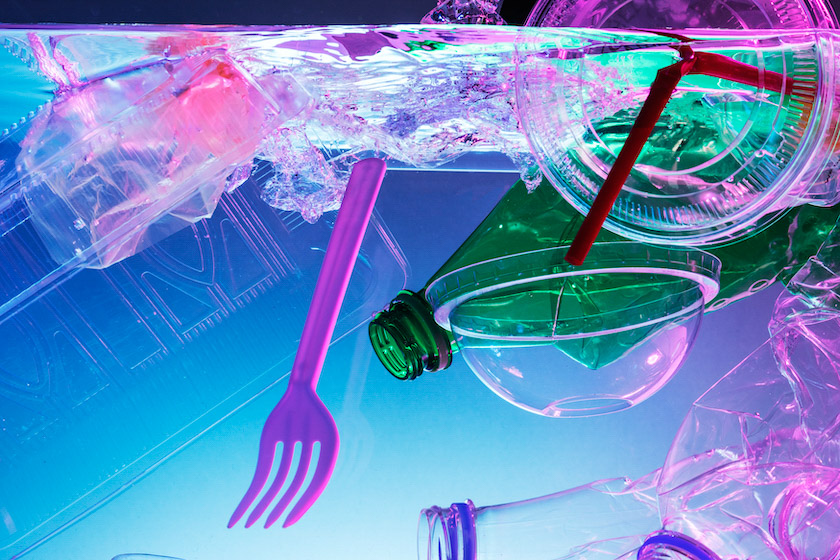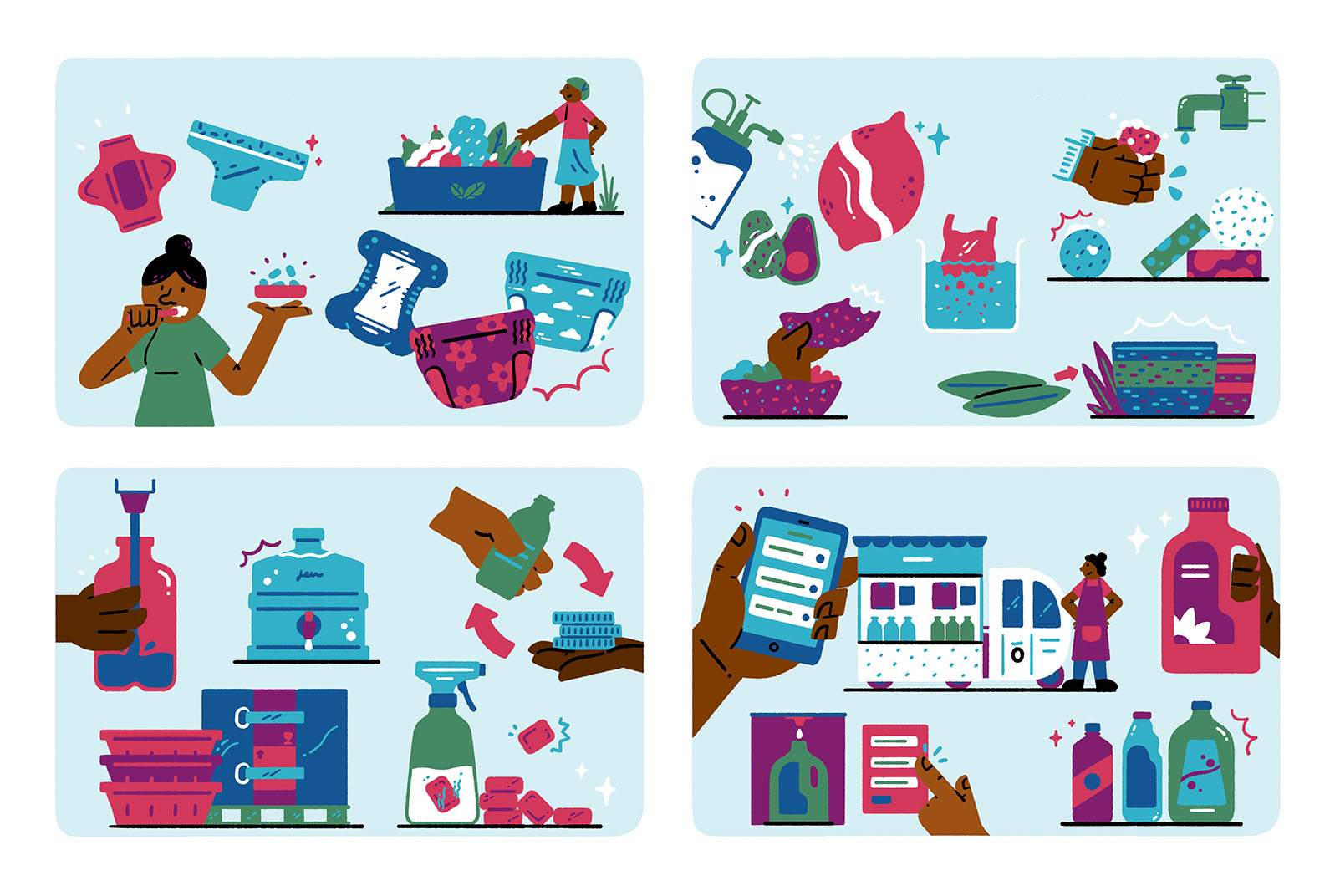
The results are in!
Tackling marine plastics in Sub-Saharan Africa
Over 17 million tonnes of waste are generated by Sub-Saharan Africa annually, and only 12% of plastic waste is recycled. The Challenge aims to reduce marine plastics in Sub-Saharan African countries by developing and scaling innovative solutions to plastic mismanagement in a way that promotes gender equality and empowerment of women and girls.
The Challenge will help communities throughout Sub-Saharan Africa to prevent plastic waste from entering the marine environment by finding ways to minimize reliance on plastic and new ways of managing plastic waste.
The Problem
Over the past years, demand for plastic has substantially increased in Sub-Saharan Africa and it is projected to follow the same trajectory over the next decades…
375% Growth
in Sub-Saharan Africa and Middle East and North Africa Together
210% Increase
in Global Average by 2060
The Afri-Plastics Challenge is divided into three strands:
The Afri-Plastics Challenge is divided into three strands:
Strand 1: Accelerating Growth
Seeking small and medium-sized enterprises that have a proof of concept and the ability to scale nationally or regionally to reach a high target number of people, particularly engaging women and girls.
Strand 2: Creating Solutions
A call for new ideas particularly those that respond to a particular gap in the innovation landscape in specific Sub-Saharan African countries or with specific population groups.
Strand 3: Promoting Change (Launching December 2021)
A call for large scale campaigns that raise awareness and engage women and girls in the plastics value chain.
Strand 2: Creating Solutions

Challenge Statement
We are seeking the creation of new or the development of early-stage products, technology and/or services to encourage the reduction or elimination of plastic usage across Sub-Saharan Africa.
By the end of the Challenge successful community-centered products and services will have demonstrated a sustainable approach to reducing the reliance on plastic that also supports the empowerment of women and girls.
Prizes
In February 2022, 25 Semi-Finalists will be selected and each receive a £25,000 grant.
In June 2022, of those 25 Semi-Finalists, 10 will be selected to move forward to the finalist stage and will receive a grant of £75,000 to support in the development and validation of their solutions.
In February 2023, at the end of this finalist stage, the 10 finalists will be required to submit a detailed development plan, together with a pitch video for evaluation by the judges against the criteria (see the Applicant Handbook for more details).
In March 2023, three winners will be selected and receive the following awards:
- First Place: £750,000
- Second Place: £250,000
- Third Place: £100,000
All Semi-Finalists and Finalists will also receive non-financial capacity building support together with the grants.
Eligibility Criteria
- Applicants must have a new or early-stage idea that seeks to reduce or eliminate plastic usage across Sub-Saharan Africa.
- Ideas must be focused in Sub-Saharan Africa.
- Applicants can be formally constituted and operating in Sub-Saharan Africa as either a registered business or NGO, but applications from individuals and community groups will also be accepted.
- Applicants can be an individual, single entity (organisation or community group), an African partnership or an international partnership. For partnership applications, the nominated lead applicant must be operating in Sub-Saharan Africa.
- Applicants must own or be licensed to use relevant intellectual property included in their applications. If your application is proposing a new idea, then Nesta would expect that you would own all resulting intellectual property which may be able to be registered on a local basis if you become a successful participant in the Challenge. Nesta would not be able to give you specific legal advice on the protection or exploitation of intellectual property.
Partners

Funding
This Project is an element of the $100-million Marine Litter Mitigation Fund announced by Prime Minister Trudeau at the G7 Leaders’ Summit in Charlevoix in June 2018. Funding for the initiative comes from the International Assistance Priorities Fund.

Delivery
Nesta Challenges designs and run challenge prizes that help solve pressing problems that lack solutions. We shine a spotlight where it matters and incentivise people to solve these issues.